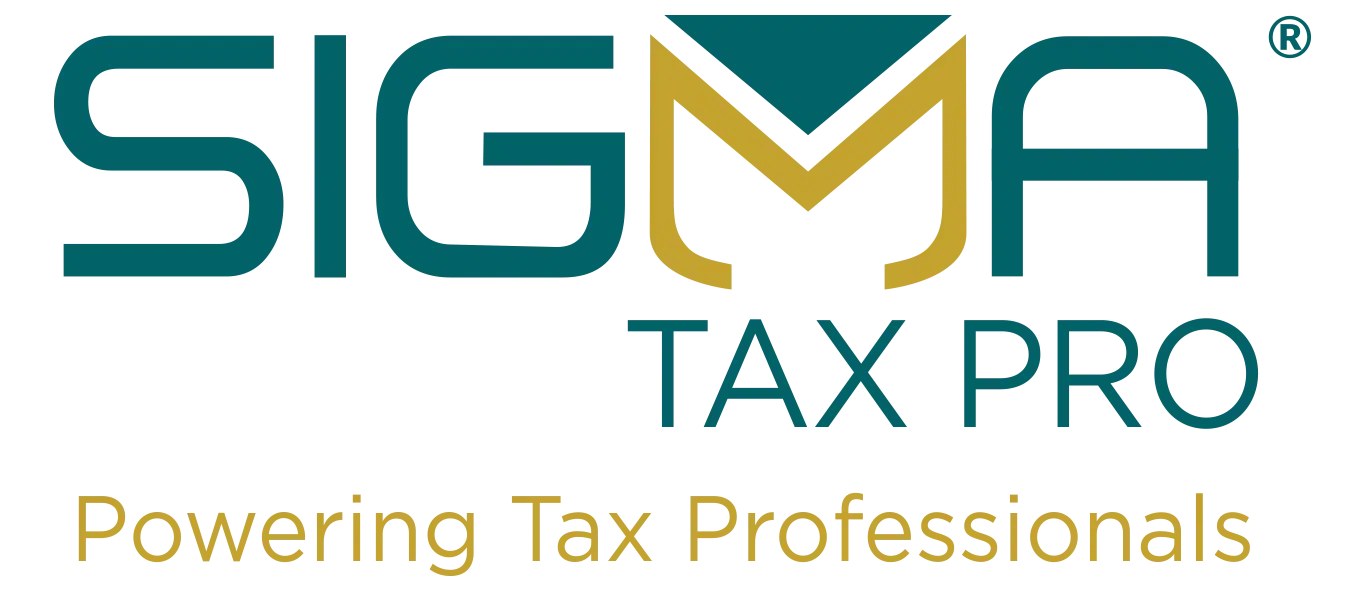With the Tax Cuts and Jobs Act in action this tax season, the IRS has continually been offering guidance as to the new tax laws taking effect. This time around the IRS is offering further guidance on the TCJA’s current modifications to the previous tax law, which limits losses from all sorts of business for non-corporate taxpayers.
The amount by which the total of all deductions from trade and business exceed a taxpayer’s gross income, in addition to $250K or $500K, is referred to as ‘excess business loss’.
In reference to the new rules stated in the act, excess business losses which have become disallowed are now recognized as a net operating loss that may be carried over to the next tax year. In defining a ‘trade or business’, the IRS has stated that this can include but is not only limited to the following schedules and Forms: Schedule F, Schedule C, some activities on Schedule E, as well as gains and losses shown on Form 4797 & Form 8949.
Mitch Elbarki of Sigma Tax Pro advises that professional tax preparers “…should be well versed in these schedules and forms to help identify these new loss limitations and net operating losses that can now be carried forward.” Elbarki went on to say, “…continuously updated guidance offered by the IRS provides the perfect opportunity for tax professionals to reach out to their clients…demonstrating their proactivity in assistance and industry knowledge.”
The TCJA has also changed rules pertaining to net operating losses. For the majority of taxpayers, net operating losses during tax years after 2017 may only be carried forward; they will not continue to have the option of carrying back NOLs. The current exceptions to this rule only apply to specific farming losses in addition to insurance company NOLs, excluding that of a life insurance company.
For tax years after ending after 2017, the new law will limit NOL deductions to 80% of taxable income.
- The news site hosting this press release is not associated with Sigma Tax Pro. It is merely publishing a press release announcement submitted by a company, without any stated or implied endorsement of the product or service.
- Please consult a registered CPA or tax attorney for tax guidance





